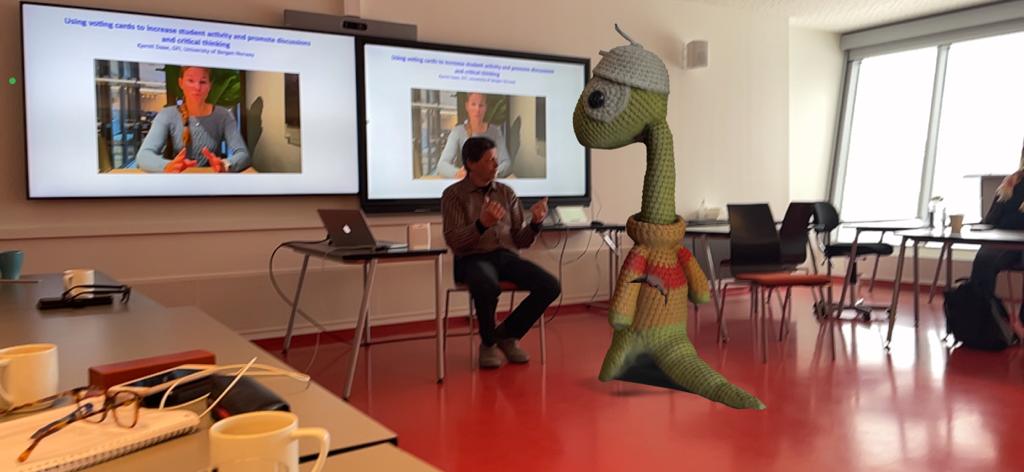
Currently reading: “Do Learners Really Know Best? Urban Legends in Education” by Kirschner & van Merriënboer (2013)
In today’s edition of “what article are you currently inspired by?“: an article that my colleague Michael sent me.
“Do Learners Really Know Best? Urban Legends in Education” by Kirschner & van Merriënboer (2013)
How we teach is, of course, influenced by what we believe about “what works” in teaching. However, persistent urban legends are in circulation that sound plausible, at least to some extent — as all urban legends do — and that are also false — again, as all urban legends. In this article, Kirschner & van Merriënboer (2013) debunk three popular urban legends on learning and teaching.
Debunked legend 1: Today’s learners are “digital natives”
The urban legend here is that since today’s students grew up surrounded by, and in many cases using, lots of technology, they are proficient in using these new technologies for learning (and that we should cater to this alleged skill and preference, by adapting our teaching).
However, it turns out that this is wrong. Of course, people deal with the world they live in, i.e. interact with technology and react to distractions in the way they(‘ve been led to) believe is a good way, but that does not mean that it is actually helping their productivity or learning. Neither do today’s students automatically and without instruction know how to use technology efficiently, nor does the availability of technology imply anything about its usefulness in teaching. While we observe a lot of multi-tasking behaviour where people seemingly effortlessly task-switch, studies show that it is not efficient. It still takes more time, and leads to more mistakes, than if tasks are done one after the next. There is also the “butterfly effect”: people flutter from task to task, follow link after link, and quickly forget what they were trying to do in the first place.
So even though we might be impressed by the ease with which today’s youth uses technology. I know I was blown away recently when my friend’s 8 year old son, without hesitation, took my phone and was able to intuitively use a virtual reality app (see picture below for what the app does) that I had shown him for like half a minute. But that does not mean that he would just as easily be able to use technology for optimal learning, he might just play with the virtual dinosaur (I know I am…).

My colleague Torgny showing a movie of our colleague, Kjersti, in a seminar, with dino Odin critically observing the whole thing. Thanks to our colleague Rafael, we now know how to do this!
Debunked legend 2: Learners have specific learning styles
According to this urban legend, learners have specific learning styles, using which they learn better than using any other style. Therefore, the legend implies, we should adapt our instruction to students’ learning styles. However, there is no evidence that learning styles exist beyond learning preferences (see also my blog post on The learning styles myth (based on Pashler et al., 2008; Nancekivell et al., 2020), who make a very clear argument for why there is no evidence whatsoever for learning styles). Of course, people still have learning preferences, and it might feel — and even be — easier to learn one way or another. But that is not enough to justify the whole construct of learning styles, or catering to them!
Debunked legend 3: Self-education is the way to go
I haven’t actually come across this urban legend in my practice as academic developer, so maybe it isn’t circulating any more, or at least not among the people I have worked with: This urban legend is that learners can and should act as self-educators, selecting and ordering learning content. However, this requires levels of information literacy for finding good and trustworthy information, connecting it with prior knowledge, etc, that learners typically don’t possess without learning it gradually and in a scaffolded way. Also knowledge does not become irrelevant just because everything is available online, people have to “collect the dots before they can connect the dots”.
So here we go, learners don’t always know best, they still need good teaching!
Kirschner, P. A. & van Merriënboer, J. J. G. (2013). “Do Learners Really Know Best? Urban Legends in Education”, Educational Psychologist, 48:3, 169-183, DOI: 10.1080/00461520.2013.804395
Teknik Informatika says:
What is the purpose of debunking these urban legends?